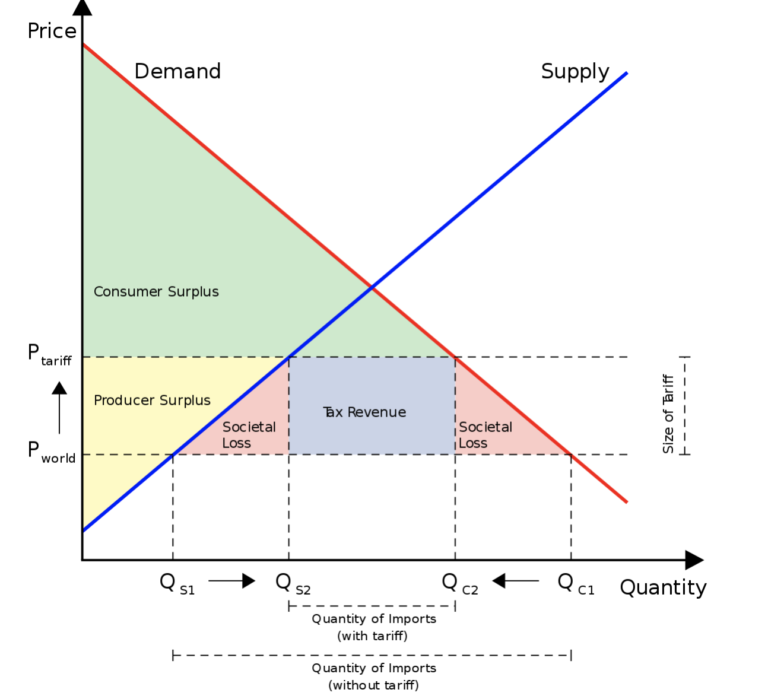David Henderson has an excellent article on the effect of tariffs on price levels. I agree with his analysis, but here I will reframe the debate in a way that I hope will also be useful. Let’s start with a few suggestions:
1. In the vast majority of political regimes, the imposition of customs duties leads to higher prices. These include the Fed’s current flexible (asymmetric) average inflation targeting (AIT) regime, but also the gold standard, money supply targeting, and nominal GDP targeting.
2. There are a few policy regimes in which tariffs are not inflationary, including price level targeting and symmetric FACT. I don’t know of any countries that use either regime.
3. Tariffs reduce real production. Thus, if the monetary authority prevents any increase in the price level, the NGDP would decrease. This would cause unemployment to increase beyond any unemployment directly caused by the tariffs.
If a politician tells you that his tariff proposal won’t cause inflation, and you believe him (yes, I know…), then you should be very concerned. This would mean that the tariff plan had to be combined with a monetary regime that caused welfare losses. even bigger than otherwise.
Do tariffs cause inflation? Let’s hope so!
PS. The best argument against tariffs is not that they cause inflation, but rather that they lead to a decline in real output.



